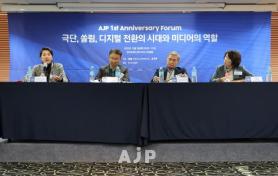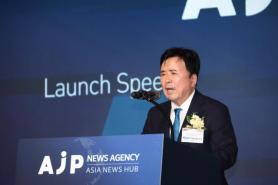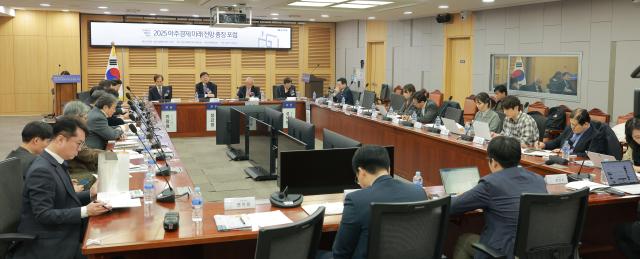
Under the theme "Renovation and Revolution of Korea," the University Presidents' Future Forum 2025 brought together leaders from prestigious institutions, including KAIST, Seoul National University (SNU), and Yonsei University.
The event at the National Assembly in Seoul's financial district of Yeouido kicked off at 9 a.m. with Hyun Oh-seok, former Deputy Prime Minister and Minister of Strategy and Finance, moderating the discussions.
"The world is at a historical turning point," Hyun said, adding that the South Korean government must make every effort to manage uncertainty and provide a reliable compass to economic agents through renovation and revolution strategies.
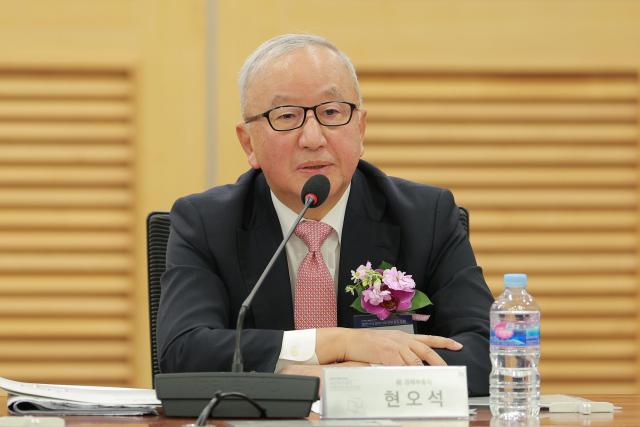
Jeong Kap-young, an expert in international economics and the former president of Yonsei University, pointed to the decline in Korea's potential growth rate, citing research institutes that predict it will fall below 2 percent starting next year. He attributed social conflict and polarization, driven by fandom-based politics, as key factors. Jeong stressed the need for evidence-based, think tank-driven policies to replace this approach with a more rational, depoliticized society.
Lee Kwang-hyung, president of KAIST, argued that loosening regulations is key to staying competitive in the global race for technology. He highlighted how excessive emphasis on bioethics and privacy protection is holding Korea back, citing examples such as the requirement to obtain government approval a month in advance for drone operations. Lee also emphasized that AI semiconductor technology, energy technology, and advanced biotechnology are crucial in determining global power dynamics between nations.
Sung Nak-in, a law expert and the former SNU president, proposed a dual executive system, where the president is elected directly by voters, and the government is required to step down if it no longer has the backing of parliament. He criticized the current state of political polarization, arguing that it has led to irresponsible party politics driven by extreme partisanship, power struggles focused on maintaining control rather than policy competition, and a divisive culture of hatred that makes cooperation difficult.
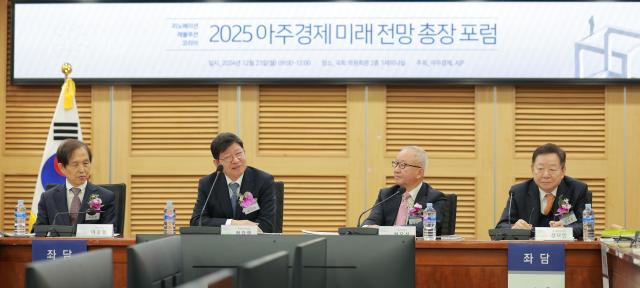
There was also a debate between Koo and Lee Chan-hee, a senior adviser at law firm Yulchon. Lee expressed concerns about AI's potential impact on the legal and medical professions, where experts are resistant to AI integration due to control over specialized knowledge. Koo emphasized that AI, when properly regulated, could enhance productivity and complement human expertise in such fields.
The event was jointly organized by AJP and the Aju Business Daily. The conference took place amid South Korea's political turmoil and economic crisis following President Yoon Suk Yeol's aborted declaration of martial law earlier this month.
Copyright ⓒ Aju Press All rights reserved.


